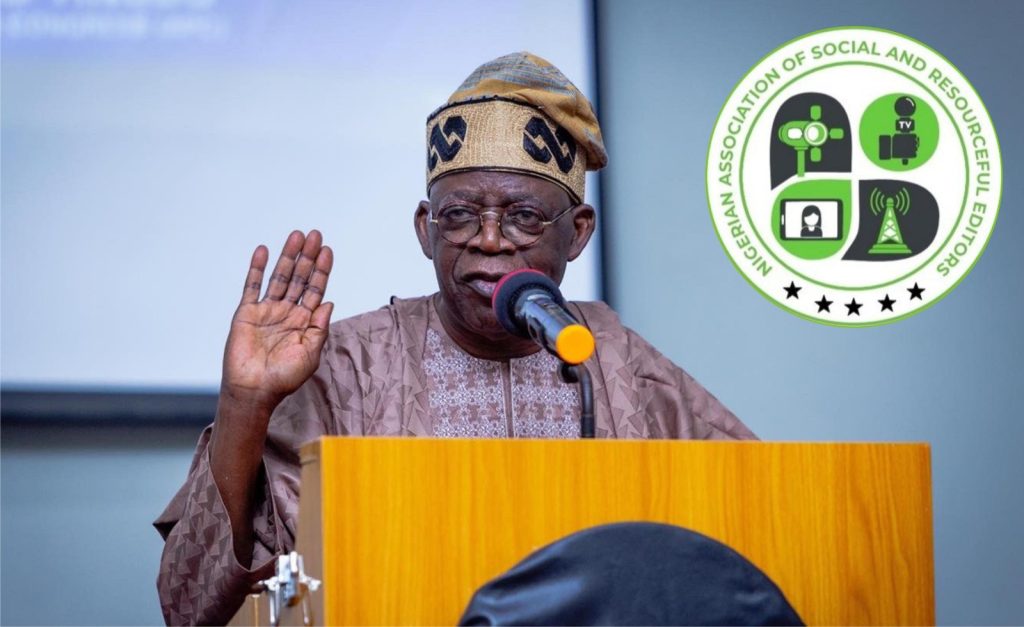As Nigeria finds itself at a critical crossroads, grappling with simultaneous challenges of food crisis and foreign exchange, FOREX shortage.
This is even as the nation seeks solutions to mitigate these pressing issues, the debate over whether or not to open its borders for importation has intensified.
The food crisis gripping Nigeria has raised concerns about food security and access to essential nutrition for millions of citizens.
Adverse weather conditions, supply chain disruptions, and other factors have contributed to dwindling food supplies and soaring prices, placing a significant strain on households and exacerbating the vulnerability of already marginalized communities.
Meanwhile, the forex shortage has hampered Nigeria’s ability to import essential goods and raw materials, further exacerbating supply chain disruptions and exacerbating inflationary pressures.
Industries reliant on imported inputs, including agriculture, manufacturing, and healthcare, have been particularly hard hit, impeding economic growth and development.
In response to these challenges, some stakeholders advocate for opening of Nigeria’s borders to facilitate the importation of food and other essential commodities.
Proponents argue that increased importation could help alleviate immediate food shortages, stabilize prices, and provide relief to vulnerable populations facing hunger and malnutrition.
However, others caution against the potential risks of opening borders amid a forex shortage. Critics raise concerns about the impact on domestic production and self-sufficiency, as well as the long-term consequences of relying heavily on imported goods. They emphasized the need to prioritize investments in domestic agriculture and infrastructure to build resilience against future crises.
As Nigeria navigates these complex issues, the government faces the daunting task of balancing short-term relief efforts with long-term strategies for sustainable development and economic resilience.
Proffering suggestion on how the government can address the unending inflationary pressures, Forex shortages, food prices hike and revitalise the nation’s economy, the Nigerian Association of Social and Resourceful Editors (NASRE), has advised the Nigerian government to adopt collaborative efforts involving policymakers, industry stakeholders, civil society organizations, and international partners to identify holistic solutions that address both immediate needs and underlying structural challenges.
On the debate over whether Nigeria should open its borders for importation amid the food crisis and forex shortage, the President of the advocacy group, Mr. Femi Oyewale, underscores the urgency of coordinated action and innovative thinking.
According to him, now more than ever, solidarity, cooperation, and forward-thinking policies are needed to ensure the well-being and prosperity of all Nigerians.
“The question of whether or not Nigerian borders should be opened for food importation in the face of food crisis is complex and multifaceted. However, there are factors to consider, which basically, Domestic Agricultural Capacity. Because opening borders for food importation could undermine domestic agricultural production by flooding the market with cheaper imported goods.
“However, if domestic production is insufficient to meet demand, importing food may be necessary to avoid shortages,” he said.
On the economic implications of borders opening, the President of NASRE, Oyewale said: “Importing food can have economic ramifications, both positive and negative. On one hand, it can provide access to a wider variety of foods and potentially lower prices for consumers. On the other hand, it may negatively impact local farmers and exacerbate trade imbalances.”
The resourceful editors, while commenting on Food Security, pointed out that relying heavily on imported food leaves a country vulnerable to supply chain disruptions and price fluctuations in the global market. Therefore, it urged the federal government to develop a robust domestic agricultural sector, which is crucial for long-term food security.
According to Oyewale, the Nigerian government must consider its broader economic and agricultural policies when making decisions about food importation. This includes evaluating subsidies, tariffs, and investment in agricultural infrastructure.
“Importing food often involves long-distance transportation, which contributes to greenhouse gas emissions and environmental degradation. Promoting local production can help reduce the carbon footprint associated with food consumption.
“Food is not just a commodity; it is essential for human well-being. Government policies should prioritize ensuring access to nutritious and culturally appropriate food for all citizens, particularly those most vulnerable to food insecurity,” he added.
The Nigerian Association of Social and Resourceful Editors, NASRE, therefore, noted that the decision to open Nigerian borders for food importation during a food crisis should be approached cautiously, taking into account the country’s domestic agricultural capacity, economic implications, food security goals, environmental concerns, and social welfare considerations.
“A balanced approach that supports both domestic production and responsible trade practices may be necessary to address immediate food shortages while also promoting long-term food security and sustainability,” the Association stated.
Photo: Senator Bola Ahmed Tinubu, President, Federal Republic of Nigeria.
Send your press invite, news, press releases/articles to augustinenwadinamuo@yahoo.com. Also, follow us on Twitter @PrimetimeRepor1 and on Facebook on facebook.com/primetimereporters or call the editor on 07030661526.

